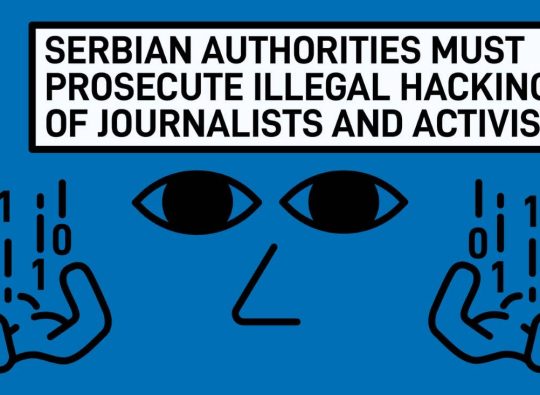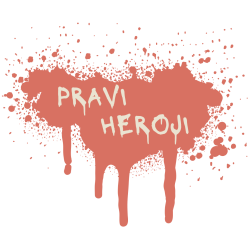The seminar started on the Youth Initiative for Human Rights’ premises, where lawyer Dušan Jovanović delivered a lecture about the political context and strategic issues preceding the gravest crime on European soil after World War II, after which the seminar continued in Srebrenica.
The young participants had the opportunity to visit the Memorial Centre, a cemetery in which the victims of genocide were buried, as well as to hear personal stories of those who survived, but lost their family members in the genocide.
The curator of the Memorial Centre, Azir Osmanović, led the group through the exhibition ‘Footsteps of Those Who Did (Not) Cross’, which documents places where the refuges from the Srebrenica Safe Area attempted to hide or to cross to the free territory, the majority of whom failed.
They also attended the lecture by the architect and artist Mia David about artistic practices in the service of commemoration of genocide and other war crimes, and lectures given by the journalist Dinko Gruhonjić about Serbia’s attitude towards the Srebrenica genocide and how one should report on the Srebrenica genocide.
The seminar was organized within the project ‘Advocacy, Artivism, Education – There is No Room for Denial of the Srebrenica Genocide’. The project was supported by the Ministry of Foreign Affairs of Germany. Germany supports the efforts in establishing participatory remembrance culture, regional cooperation and reconciliation in the Western Balkans.












